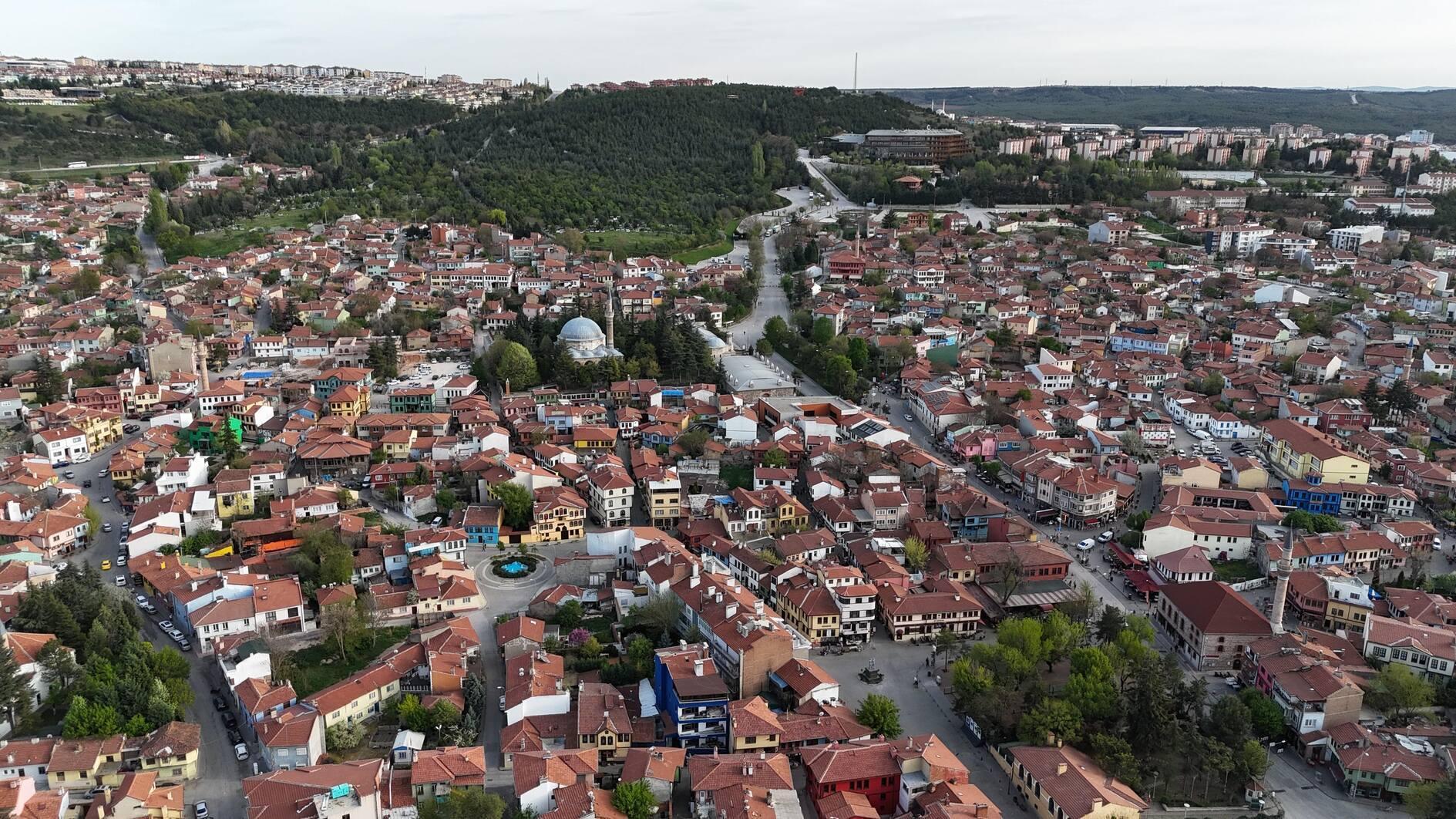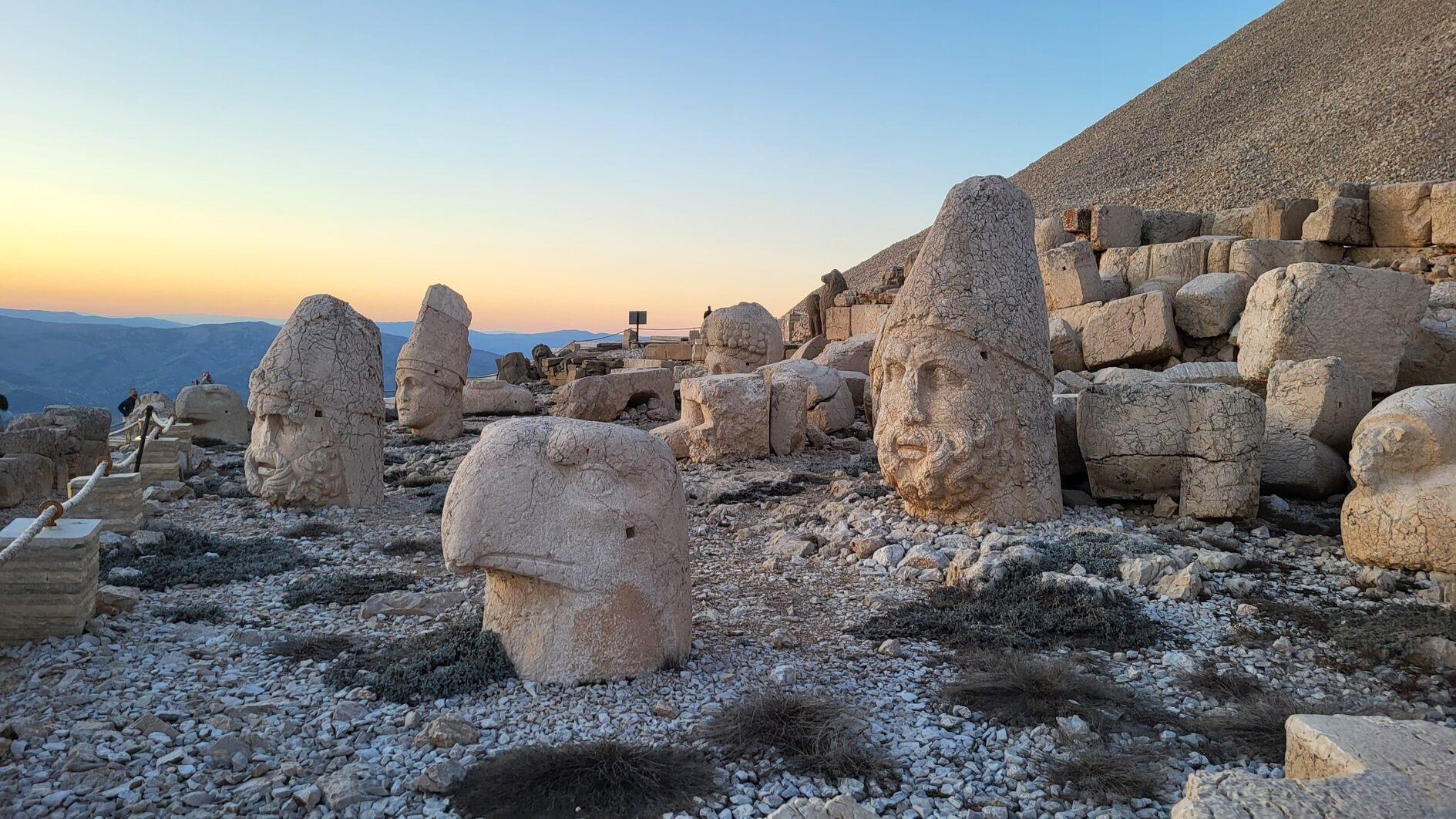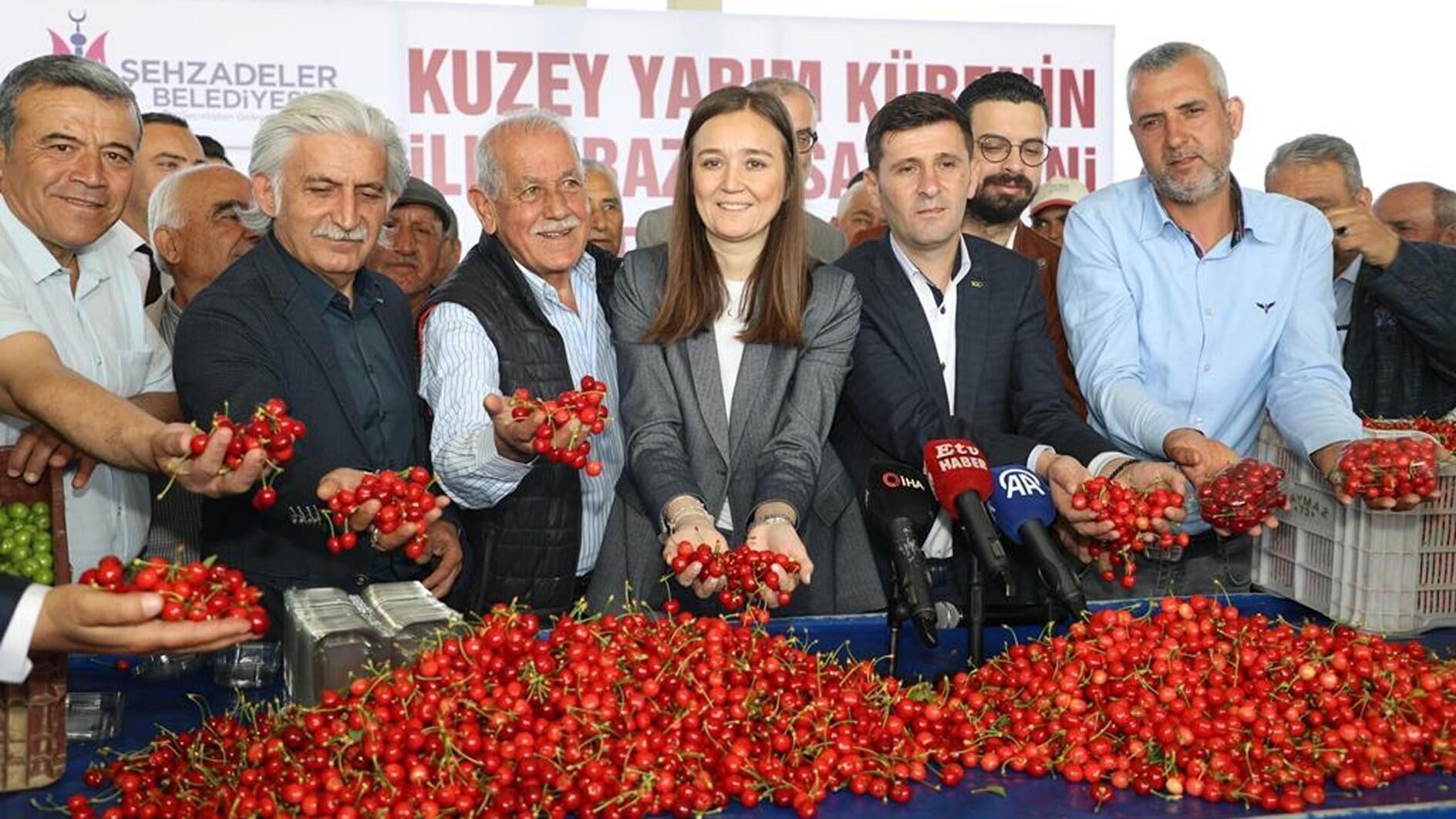The weaknesses of the nationalist alliance
Turkey’s religio-nationalistic political alliance is sealed by the official announcement of the election agreement between the governing party and the ultra-nationalist Nationalist Movement Party (MHP). It also reflects the possibility of early elections sometime before 2019. I think neither early elections nor the nationalistic political alliance will improve Turkey’s political prospects. On the contrary, both decisions will further enforce social and political tensions.
The governing party and its nationalist allies already dismiss political opposition as anti-national and therefore, illegitimate. As Turkey is engaged in a military operation in the Afrin region of northern Syria, it is already unacceptable to criticize the war effort. The governing party must be calculating to use this sensitive issue as part of election propaganda against the political opposition.
It might be thought as a clever election strategy to corner the opposition camp by nationalistic and militaristic political discourse. Nevertheless, the political problem in Turkey is not the disruptive efforts of the political opposition during the country’s difficult times, but the absence of different views and voices concerning the country’s wellbeing.
It is true that all political parties seek more decision-making power, but too much power not only leads to a democratic deficit but often works in the opposite direction and ruins social consent. The truth about politics is that absolute cohesion is not a normal condition for any society and therefore, can only be achieved by political suppression. In fact, this sort of cohesion is the weakest form of social and political consensus, especially in difficult times.
Nonetheless, the nationalist consensus has always been strong in Turkey and our country has suffered from too much of it rather than the opposite. It had been the nationalist consensus, which hindered the democratization and political liberalism in “old Turkey.” That is why the Justice and Development Party (AK party) represented a good chance for change when it came to power after the politics of old Turkey failed dramatically at the end of the 1990s. It is regretful that the new Turkey project has adopted the same route.
The coalition governments by the Islamist, ultra nationalist and center right party under the name of the “Nationalist Front” (Milliyetçi Cephe) led to a political disaster in the late 1970s. The religio-nationalist coalition between the center right and the Islamist party deepened the wounds of the Kurdish issue in the nineties and eventually, a secularist/nationalist coalition led to the collapse of the political system by the end of the nineties.
We have suffered enough from political alliances, which are based on the nationalist consensus. They could not help solve the tensions between secularists and conservatives and Kurds and Turks of different opinions and convictions. Besides, nationalism could not help improve Turkey’s international relations. Now, all are at the stake. Why try it again and repeat the mistakes of the past?











